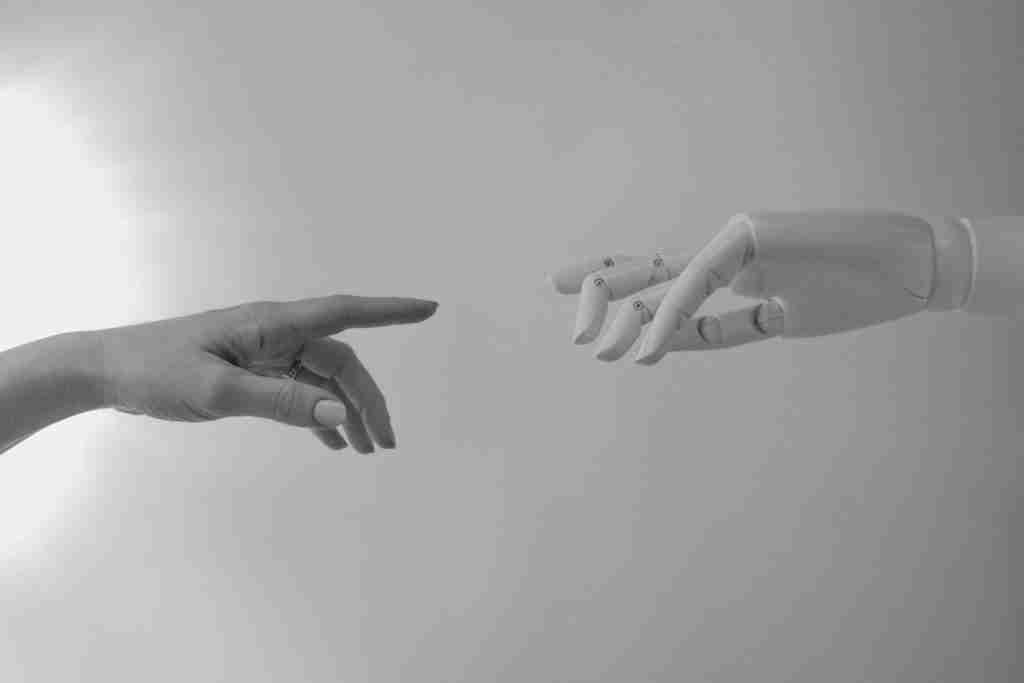Amazon’s Alexa brings the voice of dead loved ones back to your home
We’re at a point in time where discoveries in AI and robotics are becoming a part of our daily routines, work, and even our feelings. Amazon held their annual re: Mars conference in Las Vegas yesterday. Mars stands for Machine learning. Automation. Robotics. Space. One of their keynote speakers was Rohit Prasad, SVP and Head Scientist for Alexa AI at Amazon. During his time on stage, on Amazon’s behalf, he announced Alexa’s capability to mimic the voice of a dead relative. Creepy? Yes. Could they have presented this differently? Yes.
Prasad starts with how he was surprised about the companionship people have developed with Amazon’s Alexa. He uniquely presents the technology, saying, “human attributes of empathy and effect are key for building trust.” He brings up these rough times of loss during the pandemic and how AI can’t ease the pain but make the memories last.
He then shows a video where a child asks Alexa if Grandma can read him a bedtime story. As sweet a memory as that sounds, his mention of loss during the pandemic leads us to assume that Grandma is dead.
Sure, the goal could have been to provoke emotion for attention but for some, it was more disturbing than sweet. This feature has quickly been criticized on social media and all over the internet. One comment on the keynote video brings up the Netflix show “Black Mirror.” Specifically, season 02, episode 01 – “Be Right Back.” It’s about a woman who uses AI to speak to an artificial version of her dead husband. Creepy and meant to be disturbing, but now close to reality?
Amazon has yet to mention if this feature will ever be released or if they just wanted to introduce the technology. Prasad then says the innovation was to “produce a high-quality voice with less than a minute of the recording versus hours of recording in the studio.”
AI voice imitations are already commonly used in videos, podcasts, movies, and television. It’s called an “audio deepfake.” A “cloned” voice that tries to become indistinguishable from an actual human’s voice. Commonly used when one messes up in a recording, an audio deepfake can go in a fix the issue without having to rerecord. Films have used this technology when characters represent a celebrity who died. You may think they are making a great impression, but in reality, AI has been assisting. Video game developers have used this to develop a more cinematic world and make virtual reality more realistic.
Aside from Hollywood and gaming, other forms of media are taking this high-quality AI to different touchpoints. Earlier this month Spotify acquired Sonantic, a dynamic AI voice platform that creates extremely realistic voices from text. Ziad Sultan, Spotify’s Vice President of Personalization, says, “This integration will enable us to engage users in a new and even more personalized way.” Sonantic co-founders Zeena Qureshi and John Flynn also believe human attributes build a sense of connection and trust with our AI tools and apps. “We believe in the power voice has and its ability to foster a deeper connection with listeners around the world, and we know we can be better than ever on the world’s largest audio platform.”
Major tech companies seem to utilize the technology in other valuable ways. It’s one thing to use audio deepfake for the dead in the movies where people can walk away from it and know it was fake. But imagine hearing a loved one that’s passed start to speak in your home.
